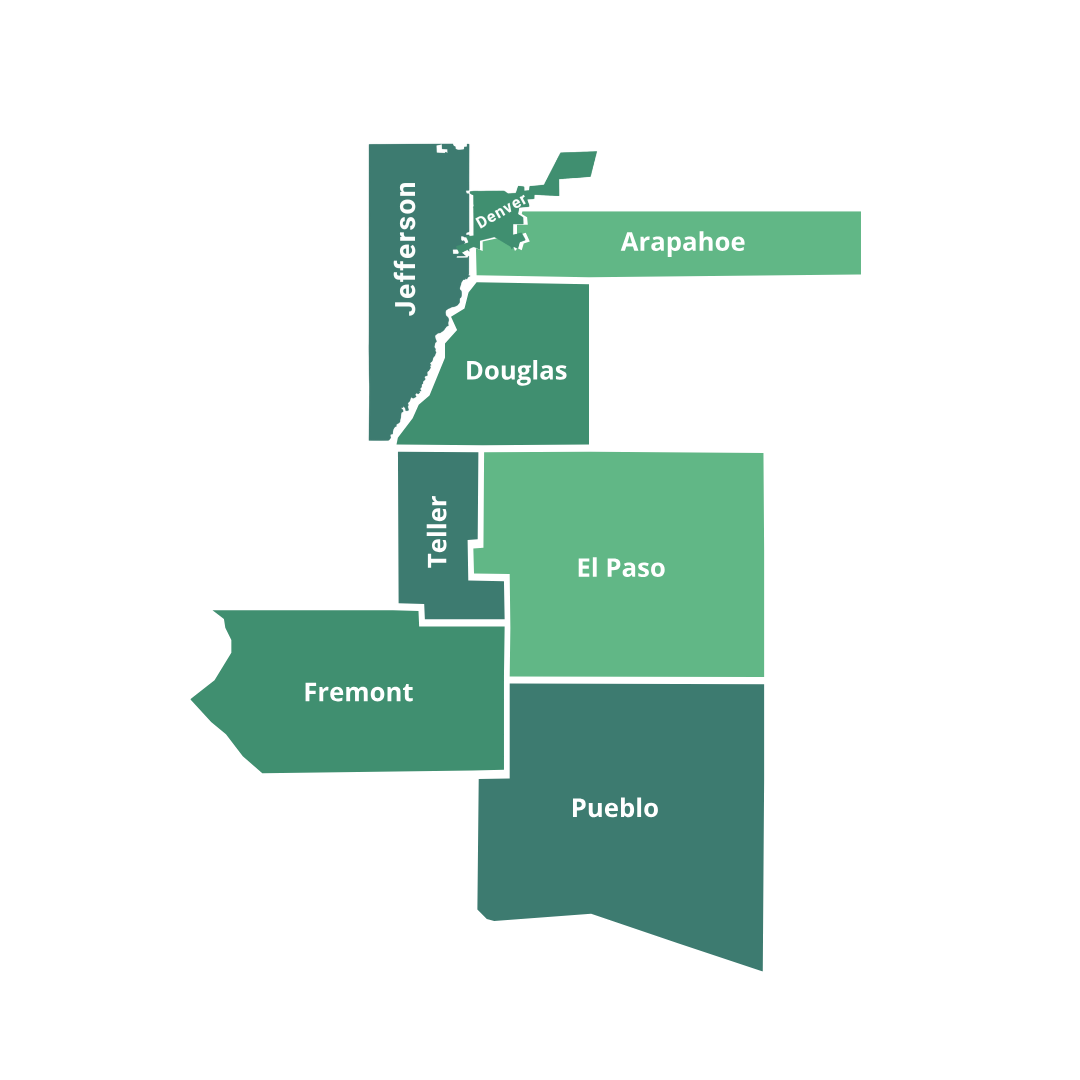The prosecutor must prove that the defendant committed the crime of unlawful possession of a controlled substance. To do this, they must prove elements that show, without a reasonable doubt, that the defendant had possession of a controlled substance regardless of whether or not they owned the drugs.
A criminal defense lawyer will typically use specific defenses to show the defendant is not guilty or convince the judge to reduce their sentence.
Here are some common drug defenses used for unlawful possession of a controlled substance:
- The defendant had a prescription for the drug
- The defendant did not know they possessed the drug
- The defendant was not aware that the drug was a controlled substance
- The defendant was falsely accused
- The police only found a trace of the controlled substance on the defendant
Remember that you can be charged for the unlawful possession of a controlled substance for simply possessing the drugs, even if the substance does not belong to you.







